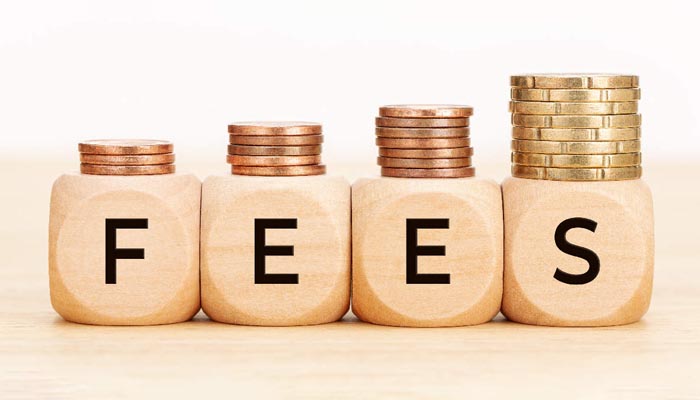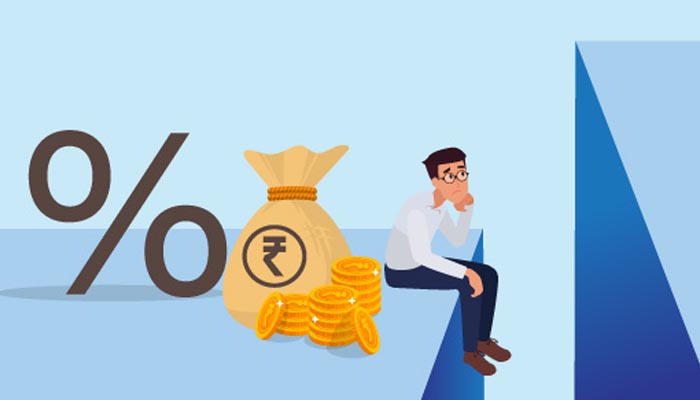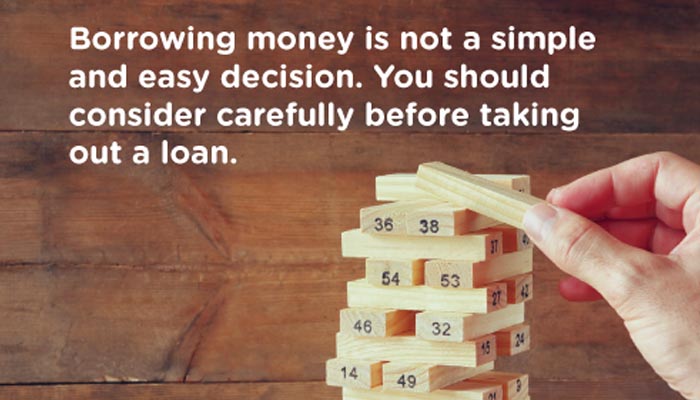
Most situations can be solved with a credit loan. But the saying goes: every offer has to be carefully looked into and assessed before one jumps aboard. Here are some tips to find out when it’s worth taking out a loan.
Many have to resort to taking loans out when they find themselves in a dire financial situation. On the other side, one need not always perceive borrowing as bad; sometimes, money may serve useful purposes, such as financing something like a trip, buying a car, or starting up a business.
One must learn how to differentiate a good loan from a bad one. This provides the best line of defense in avoiding the trap. But how shall one go about evaluating each loan proposal? What should one take into consideration? Check out some tips below.
What to consider before taking out a loan?

One of the basic rules when borrowing money is to avoid abusive and high interest rates. There are, however other factors that should be put into consideration.
Personal budget
This means keeping track of your income versus what you spend since the loan payment will have to fit into the budget. It may sound like an obvious tip, but it’s essential that the act of borrowing money for the purchase does not turn into a real headache. It will be necessary for you to have a financial organization so that you are not out of control with what comes in and what goes out of your account.
Write everything down and compare the conditions of each offer
If the loan installments fit within your budget, the next step is to do some research until you find the best conditions. Notebooks, spreadsheets, and some financial organization apps can be very useful for comparing interest rates, payment conditions, and terms, for example.
Use the loan simulators
Whenever available, use the simulators as many times as necessary until you find the ideal loan situation for you. Using the simulator, you can find out the interest rate, choose the number of installments, the amounts of each installment, and their payment dates.
Evaluate the rates
When taking out a loan, in addition to interest, other expenses must be specified in the contract, such as IOF (Tax on Financial Transactions), insurance, taxes, registrations, etc.
Interest rates are personalized for each person and may vary depending on the month or number of installments chosen.
Fees that may be charged on the loan

CET
CET stands for Total Effective Cost. This account includes, in addition to interest, fees, taxes, insurance, and expenses that the person must pay. The CET must be informed before the loan is granted.
It is advisable to compare the APR of loans from different financial institutions to see if it will be worth it. In some cases, the loan has lower interest rates but more expensive fees.
Interest is the responsibility of the bank or financial institution. They decide how much to charge according to each company’s credit policies.
IOF
The Tax on Financial Transactions (IOF) was created by the government to regulate the economy.
Currently, it is paid by individuals and legal entities and is present in financial transactions such as loans, exchanges, credit, insurance, financing, and some investments.
Late credit card bills and use of the card abroad are also subject to IOF charges.
Registration fee
It is a fee charged by the institution for taking out a loan that is generally used to cover costs for credit protection research, for example.
Safe
You can insure your loan against unemployment, permanent disability, or death. This is usually subject to a charge.
When is getting a loan a smart idea? When does it become a trap?

There are times when borrowing money can help you regain financial control or achieve a goal. But borrowing money isn’t always the best option.
Below, check out some situations involving loans that can be classified as good and bad.
Before that, it is worth mentioning: that the text provides some examples of real situations to help with understanding. However, this is an individual decision, which needs to be made according to your needs and your moment in life.
When is it worth taking out a loan?
- Business investment: If you would like to grow your business to earn some income, then a loan may be good for you. Do your homework and see if it is that important. In this case, it is worth exploring products available to entrepreneurs, such as working capital loans. Avoid taking out loans that are aimed at individuals to invest in your business;
- Financing your studies: to boost your career through a language course, postgraduate studies, an exchange program, etc. This type of loan is one in which you expect a return in the medium and long term because, by investing in knowledge, your chances of being hired for a better position, promoted, or receiving a salary increase;
- Swap debts: when you already have debt and need to take out a loan with lower interest rates than your current debt. This means swapping an expensive loan for one with lower interest rates;
- Clear your name: unpaid bills can lead to a negative CPF and hinder any type of financial transaction. In addition, they accumulate interest and fines. Staying in the black is essential;
- Cover emergencies: If a medical emergency arises and you can’t pay the bill, a loan can help. However, if possible, it’s best to build up an emergency fund for this type of situation.
When is it not worth taking out a loan?

- Accumulating debt: debt that generates more debt is a big trap. A loan is only worth it to exchange an expensive debt for a cheaper one, or in some situations, such as those mentioned above. Taking out a loan to continue spending beyond your means will only create a snowball effect, which can complicate things for a long time;
- Helping others: it is important to advise people in debt to honor their commitments. This debt should not be their responsibility;
- Economic crisis scenario: taking out loans in a turbulent economic scenario is not a good alternative. They are directly affected by variations in the interest rate ;
- Financial mismanagement: don’t take out a loan just to have more money to spend. Financial mismanagement is one of the reasons for debt;
- Unnecessary purchases: only you can define the importance of things in your life, but check the real need to buy something that you don’t need so much. You don’t have to stop spending but think carefully so you don’t regret it later.
